Technology improves day by day, and cameras these days can do some amazing stuff, but there are still plenty of people who enjoy film photography, which has been largely unchanged in the last 100 years. This is because, no matter how much technology improves, the basic principles of light and image-making never change. Photography is inevitably dependent on the technological component (i.e., the camera), but film will always be viable because photography is first and foremost a form of art. The technological component will become outdated sooner or later, but the artistic component is everlasting.
From a functional perspective, film and digital try to achieve the same goals. But of course, digital photography presents clear advantages when it comes to convenience and efficiency, so it is no surprise that most professionals today use digital cameras for work. However, if you are a hobbyist (who enjoys the process and whose paycheck does not depend on it), one is not better than the other; they are merely different. Over the course of my meager ten years of shooting, I’ve gone through many digital and film cameras, because I was a huge camera geek on top of being an avid photographer. I am no professional, so I was free to use whatever cameras or lenses I wanted, if they were within my budget. You probably have a good idea of what digital photography is like, so I’d like to talk to you a little about film. Here are the reasons why I think film photography is great.
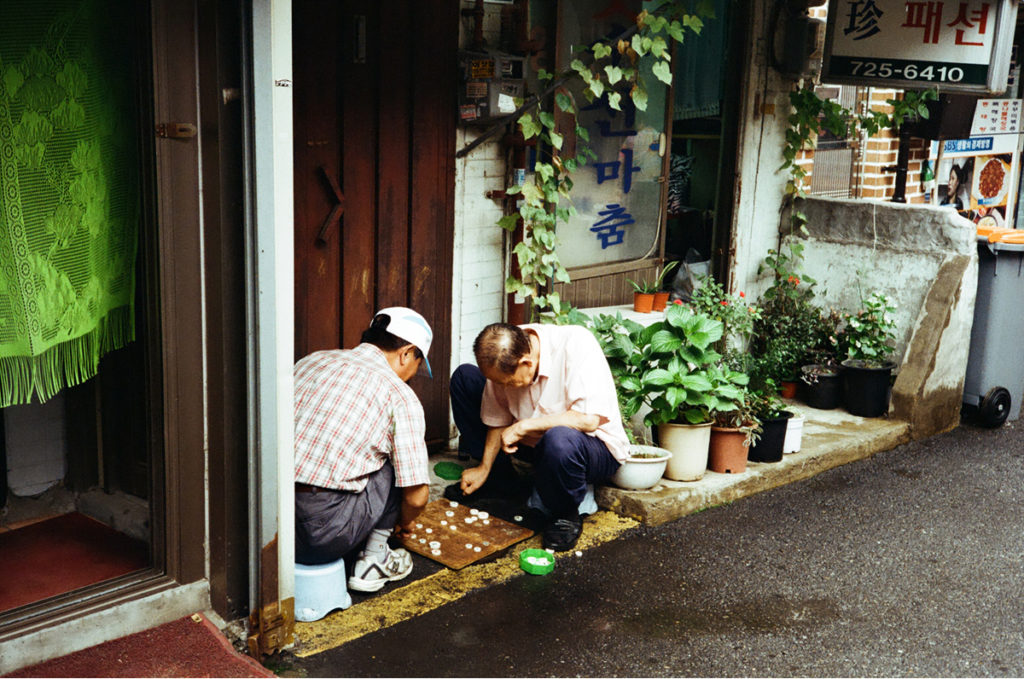
Film cameras are “full frame.”
Describing film as full frame is like calling a pizza “whole pizza” after you’ve started selling by the slice. Obviously, the term didn’t exist in the film days. With the advent of digital photography, digital sensors tried to replicate the size of a single 35mm film frame, but it was very expensive to include a sensor that big. So brands only used “full frame” sensors on their professional grade models, putting smaller “crop” sensors in their lower and mid tier cameras. When I first decided to use film, it was because I wanted a compact full frame camera for travel.
Since then, technology has advanced enough to put full frame sensors inside tiny camera bodies, but there is still a long way to go before full frame becomes as inexpensive and effortless as film. Although shallow depth of field is not my style of shooting, even the cheapest film camera and a mere F2.8 lens (which can be had for around 100 USD on the used market) can create beautiful out-of-focus areas. On the other hand, trying to create the same image with digital gear will probably set you back several grand.
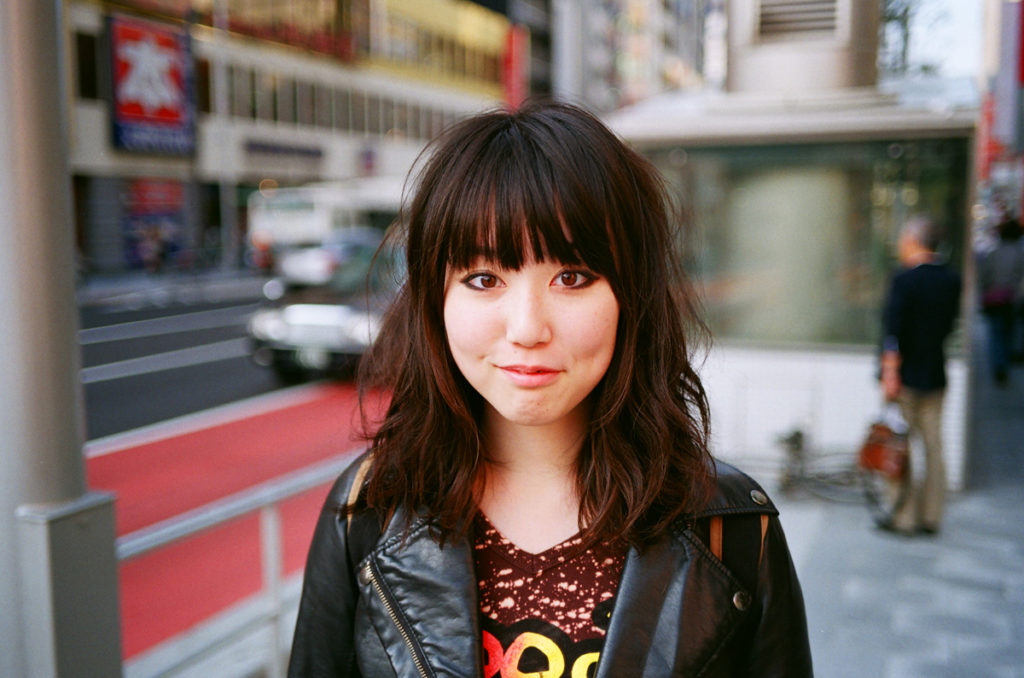
It trains you to have creativity and patience.
Film forces you to think, because 36 shots is all you get. After that, you have to wait hours or days (or sometimes weeks) to get your film developed and see the final results, so each shot is precious and carefully thought out. Subsequently, I often get more good photos out of a single roll of film than out of a few hundred digital files. With digital, it’s so easy to fall into the habit of taking the same picture several times “just in case,” so most of that hundred are duplicate photos anyway. When there is no limitation on the number of shots that can be taken, people tend to shoot first and think later. Instead of getting one carefully composed shot, you may (unknowingly) opt for multiple sloppy shots, because taking more pictures creates an illusion of progress.
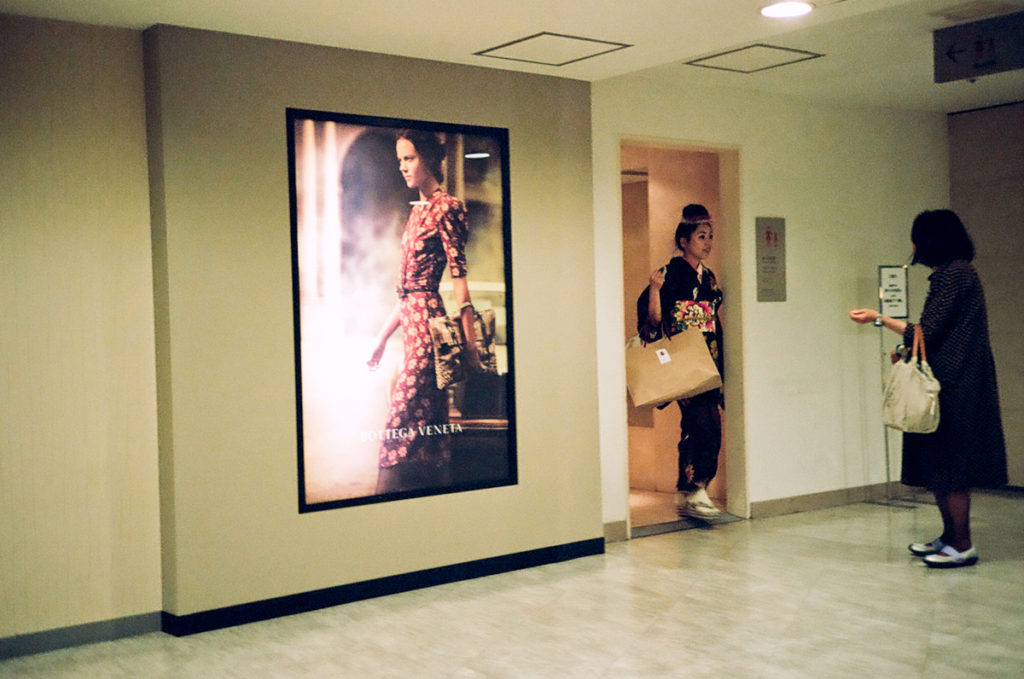
It trains you to have technical expertise.
You’re in the driver’s seat. Most film cameras are fully manual; you control the aperture, the shutter speed, and the focus for each shot. You’ve already decided on the ISO when you loaded the film. So if your photos aren’t good, it’s probably not the camera’s fault. You don’t need a better camera, you need to practice. This is really a wake-up call that helps you build skills and, eventually, confidence. You will learn to calculate distance. You will learn to read light. You will be amazed what you can do. (But film is more forgiving, so you can mess up a little and it won’t show.)
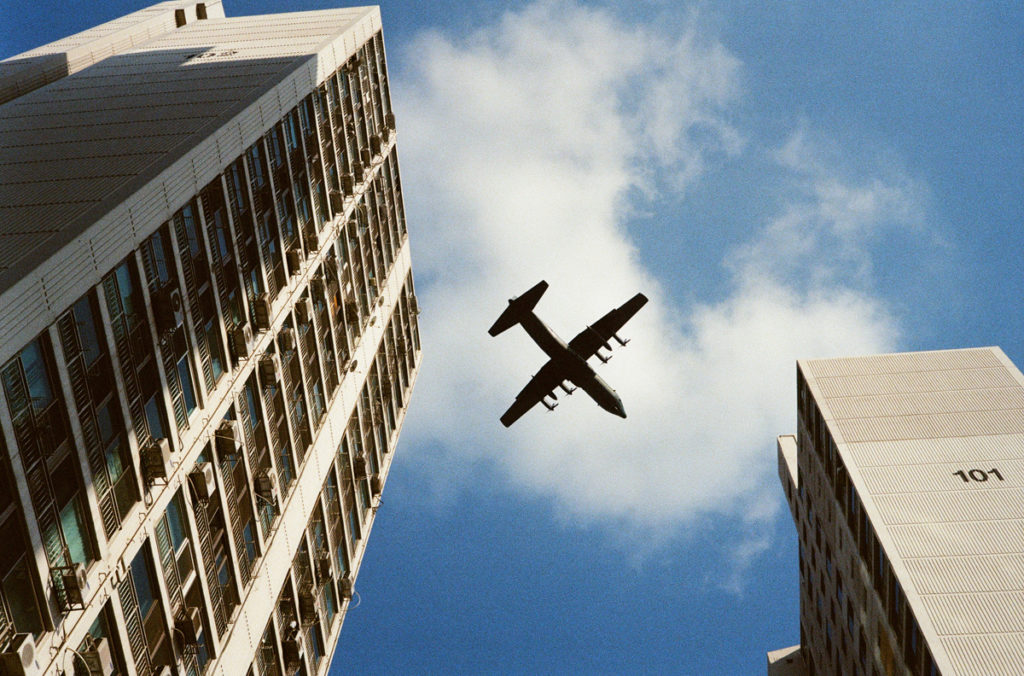
[Film photography] reminds us that each moment is fleeting, and there will never be another just like it.
Film photography is a memento mori.
It reminds us that each moment is fleeting, and there will never be another just like it. With film, since you can’t check your photos immediately after taking them, you never know if everything was captured the way you wanted. Someone may have closed his or her eyes. The photo may have been slightly blurry. Whatever “flaw” it may have, it doesn’t change the fact that that moment existed in front of you and is every bit as true and genuine as the moment you meant to capture. Using film, I’ve learned to appreciate and cherish all those moments.
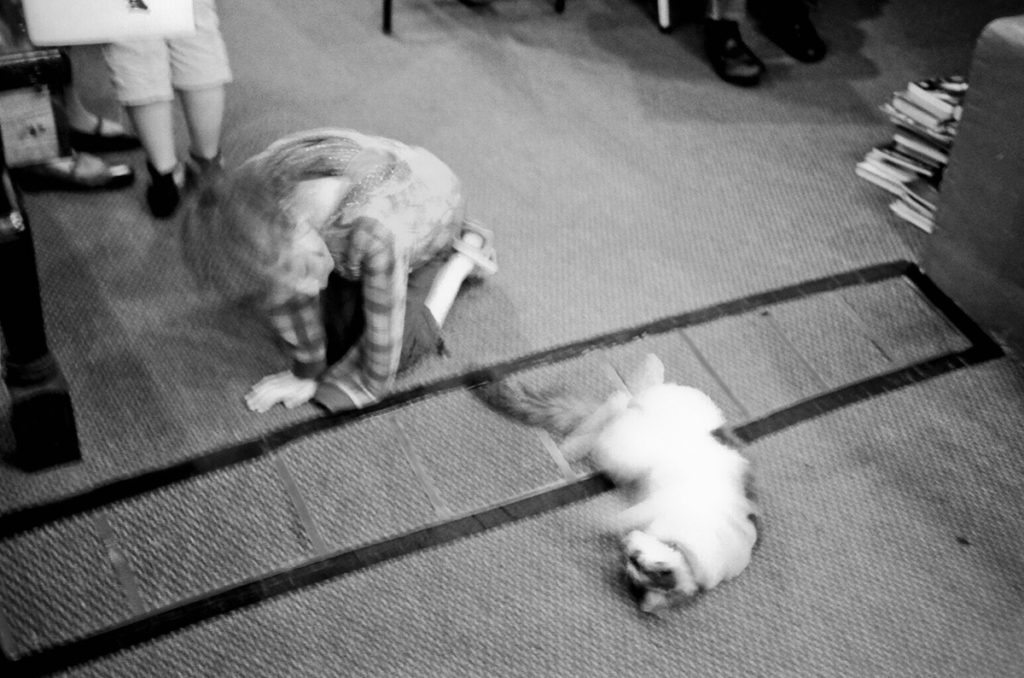
Film cameras are beautiful and lasting.
There is something beautiful about mechanical cameras and vintage lenses. Mechanical cameras don’t even require a battery to operate. Like mechanical watches, a film camera is something you can grow old with or pass down to your children. On the other hand, unlike mechanical watches, film cameras are much cheaper than their digital counterparts. Admittedly, some higher end luxury film cameras can be very expensive (say, a Leica MP), but they are still cheaper than their digital brothers, and they will not depreciate in price if you buy them second hand. They may even go up in value. So even if you shoot film only twice a year, it’s still not a reason to get rid of it. My 20-year-old film Leica still holds its value, and it’s a beauty.
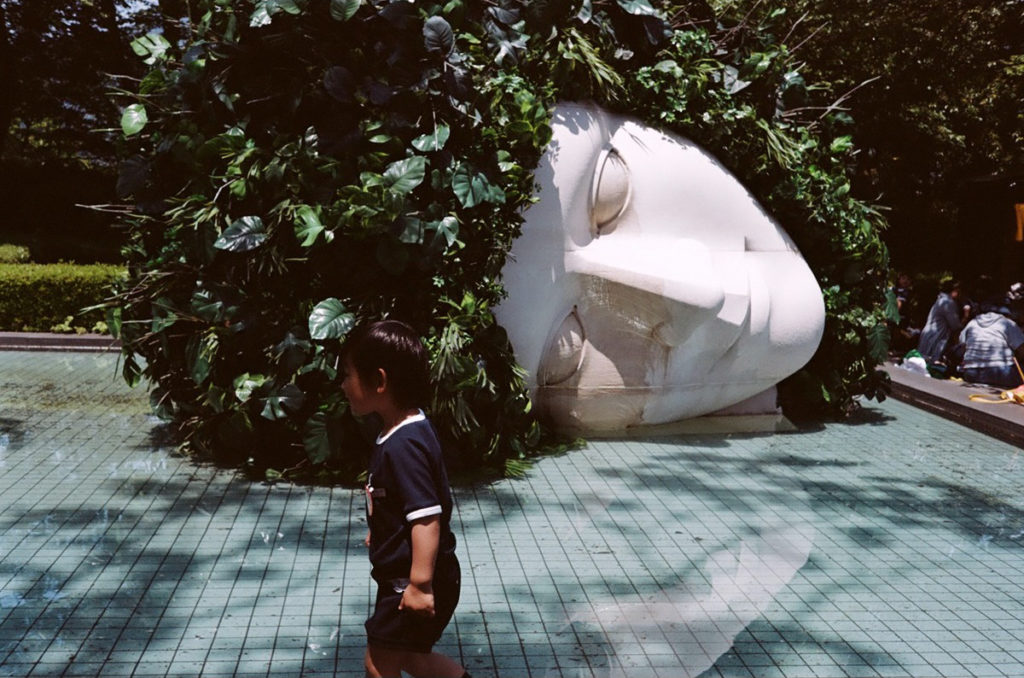
“That film look tho.”
Digital technology is constantly evolving, already eclipsing film in many technical aspects, but digital cameras are always trying to replicate that “film look.” Digital photos are clean but sterile. Film is coarse but nostalgic and natural. You can’t change the sensor in a digital camera, but there are plenty of film to choose from, each with its own characteristics.
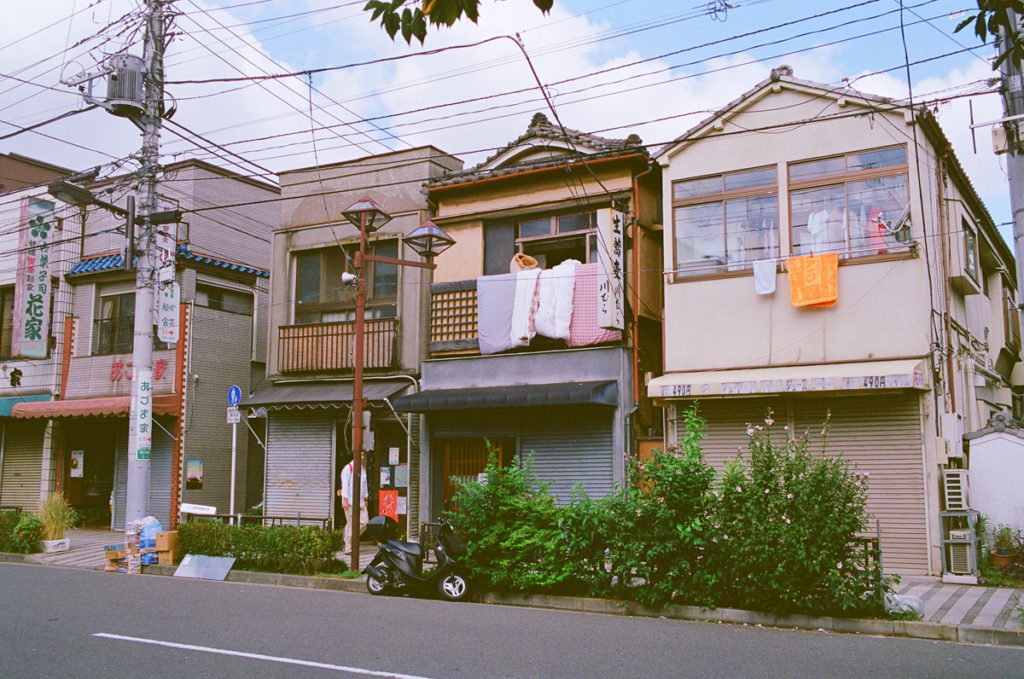
There you have it. Film photography is not better than digital. Nor is digital better than film. I like the instant gratification of digital, and I also like the delayed gratification of film. From my experience, delayed gratification brings me more joy. A mechanical camera is a joy to operate. I’m a big proponent of film, but it’s like meditation; every once in a while it’s a breath of fresh air, but I can’t afford to do it every day amidst my busy schedule. In fact, I shoot more digital than film. I try to find a balance, taking from the best of both worlds. At the end of the day, film and digital are just two sides of a coin. No matter what tools you use, it’s the person behind the camera that’s taking the picture, not the camera.

